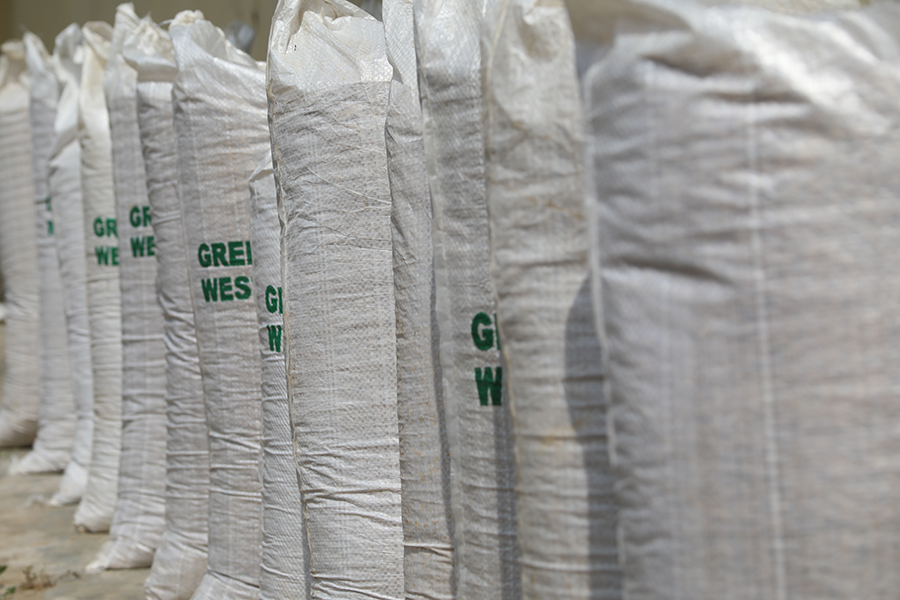ÔÇťLast week, I delivered 40 metric tons of sorghum seed to Ghana,ÔÇŁ explains Stephen Yacouba Atar, Vice Chairman of┬áSeed Enterprises Association of Nigeria┬á(SEEDAN) and CEO of one of NigeriaÔÇÖs oldest seed company,┬áDa-Allgreen Seeds Limited.
This Kano-based private seed enterprise has also done business recently with seed companies in Burkina Faso and previously with Liberian, Sierra Leonean, and Senegalese companies.
Does this have anything to do with the uniformity of seed rules adopted by all West African countries in the past several years?
ÔÇťYes,ÔÇŁ he argues.
ÔÇťThe harmonization of seed regulations has helped. Without this, we could have been worse-off,ÔÇŁ he says.
ÔÇťBefore, we had many challenges transporting seeds across borders.ÔÇŁ
During the delivery of seeds to affected communities at the height of the 2014 and 2015 Ebola crisis in Liberia, Guinea, and Sierra Leone, Atar says, trucks transporting seeds could take about a month due to the road harassments and cumbersome procedures at the border.
ÔÇťThis time around, it took us less than 2 weeks to delivery needed seeds from Nigeria to Ghana.ÔÇŁ
When the West and Central African Council for Agriculture Research and Development (CORAF) and its partners (the United States Agency for International Development (USAID), the World Bank, and other political and civil society actors) set out to level the playing field in matters of seed certification, varietal release, and phytosanitary control, this is the sort of the outcome that they desired.
ÔÇťMaking the seed catalog available to everyone and implementing all the processes is not enough. The real success is determined by the uninterrupted flow of quality seeds across borders by business persons at the start of each planting season,ÔÇŁ says Ms. Shirley Erves Kore, Advisor to USAID West Africa and one of the proponents for the liberalization of the seed industry in West Africa.
ÔÇťOverall, Nigeria now accounts for 60 percent of the total seeds marketed in West Africa, says Dr. Philip Ojo, Director General of the┬áNational Agriculture Seeds Council of Nigeria, the body charged with regulating the budding seed industry in Nigeria.
In 2018 alone, Nigerian companies exported close to 1,200 metric tons of certified seeds to Ghana. These include 830 metric tons (MT) of maize, 340 MT of soybeans, and 30 MT of sorghum, according to the Seed Entrepreneurs Association of Nigeria (SEEDAN).
Back in 2016, The Gambia imported 63 metric tons of foundation rice seeds from Nigeria while Sierra Leone took in about 55 tons. With a growing need for certified seeds, both The Gambia and Sierra Leone ordered about 450 metric tons of certified rice seeds from Nigeria that same year to make up for their deficits.
Until recently, these volumes of seed trade were not evident as incoherent rules and lack of opportunities stifled the growth of seed business beyond boundaries.
Experts in the Nigerian seed industry acknowledge the centrality of CORAF in opening new windows of opportunities, linking actors together and providing relevant and useful knowledge that is today helping them to expand businesses across frontiers.
ÔÇťCORAF through the West Africa Seeds Program opened up new opportunities for the Nigerian Seed Industry in ways that had not been done before. Not only did CORAF provide market opportunities, but they also helped in providing quality foundation seeds to the competent companies as well as organizing the private seed company in Nigeria,ÔÇŁ says Prof, Onyibe, Technical Advisor to SEEDAN and a Lecturer at the University of Zaria, in Northern Nigeria.
ÔÇťYou cannot, therefore, dissociate the increase in the bottom line of companies as well as the increase in productivity both in Nigeria and across the West African region from these interventions.ÔÇŁ
ÔÇśNot Yet Perfect, More Work Needs to be DoneÔÇÖ
ÔÇťThere is still resistance from the customs. Many still do not understand the rules,ÔÇŁ says the CEO of Da-Allgreen Seeds Limited Nigeria.
However, he says, things are changing. ÔÇťAs we speak with one voice and educate these key actors, they are starting to understand and, in some cases, lorries that were delayed are released.ÔÇŁ
ÔÇťCORAFÔÇÖs work combined with the strong political leadership from national and regional institutions have made a considerable difference in the way seeds move across countries now. But we also have to be honest by admitting that there is still much work to be done to harness the huge opportunity of West Africa seed market,ÔÇŁ says, Dr. Yacouba Diallo, a seeds expert now working with one of the newest regional seed technology scaling-up program.
With renewed political will and interest from development actors in West Africa, CORAF is now strengthening a coalition of public and private actors to continue to accelerate the delivery of quality seeds to smallholder farmers in West Africa. Under the for Agricultural Research, Education and Development (PAIRED), CORAF is looking to b scale up access to seed-related technologies.
Also Read:
 English
English
 Fran├žais
Fran├žais 
